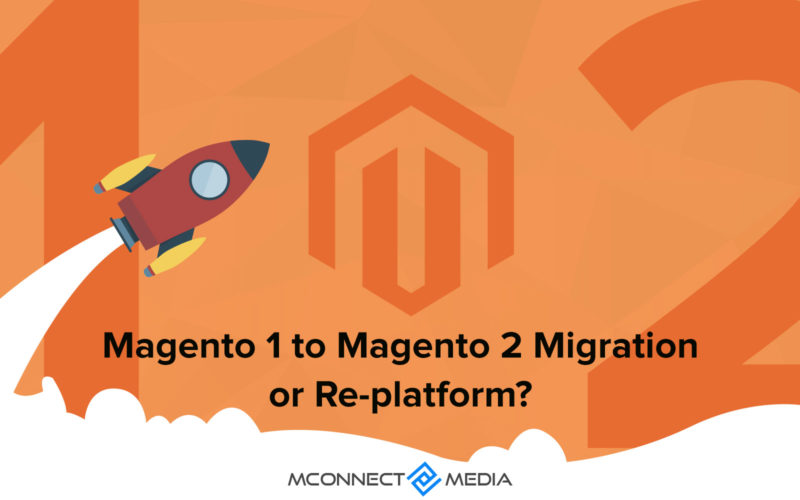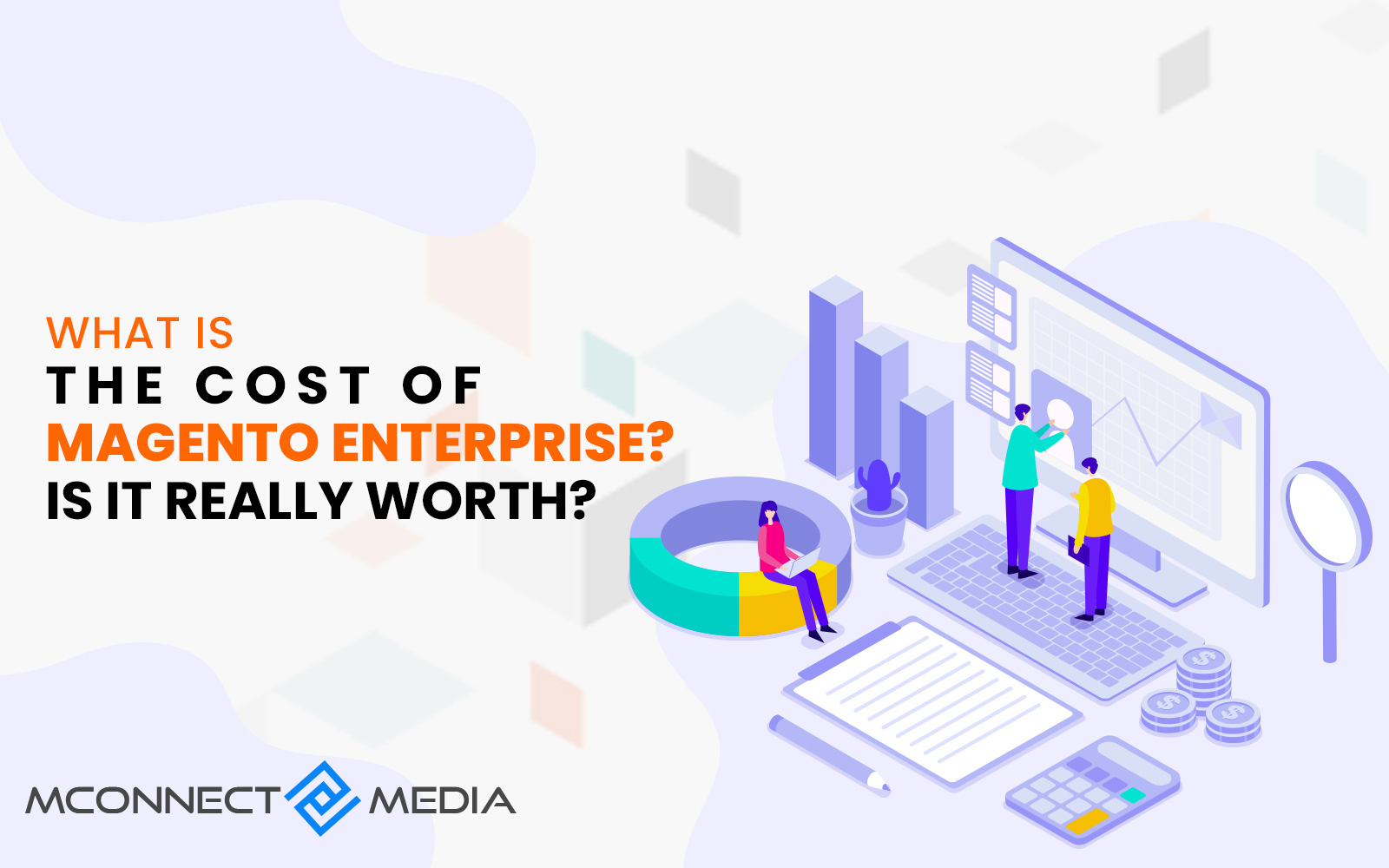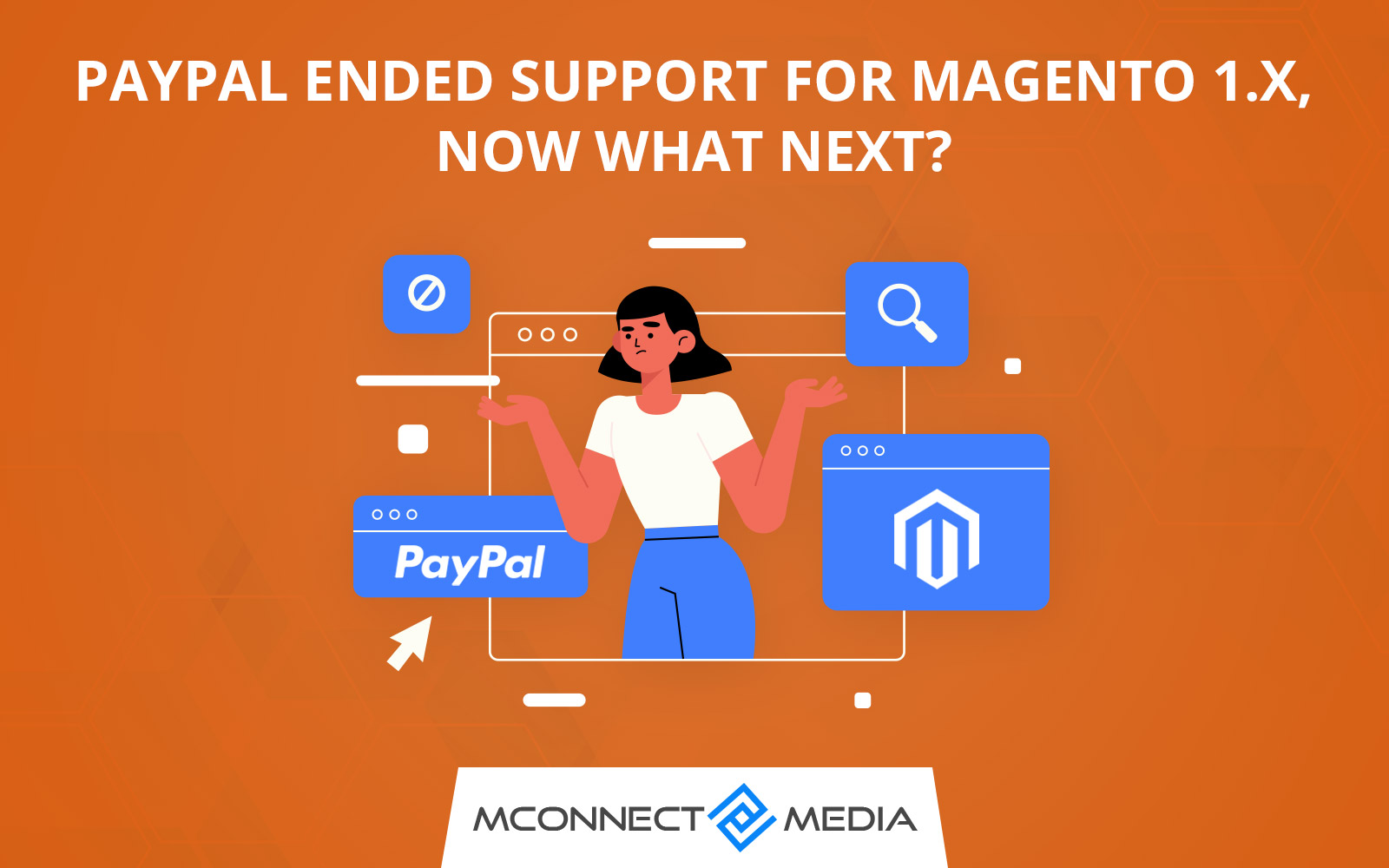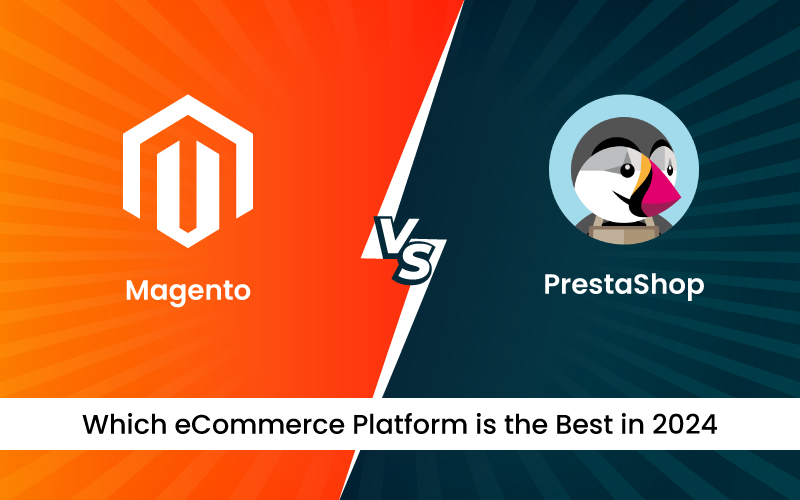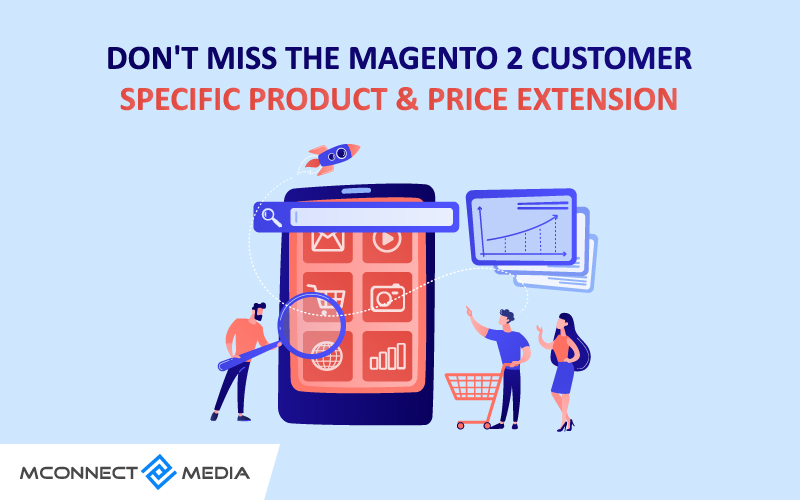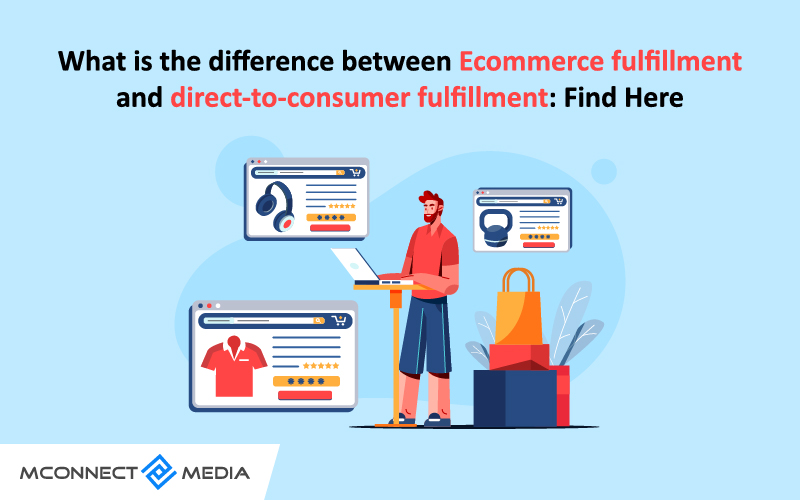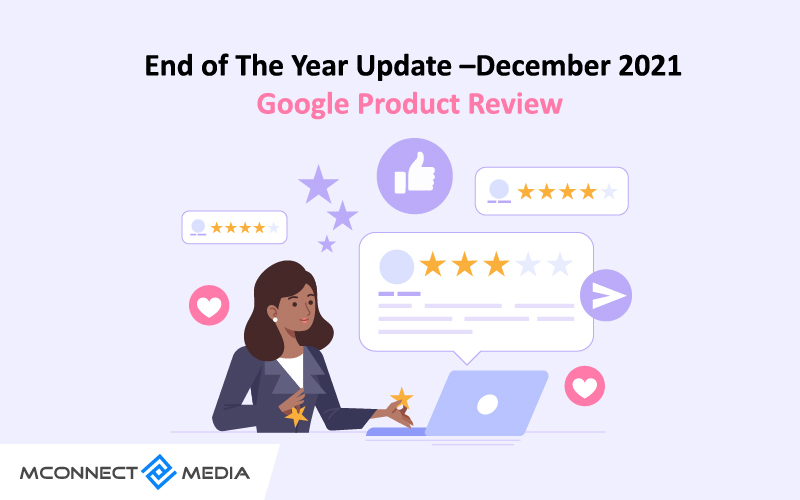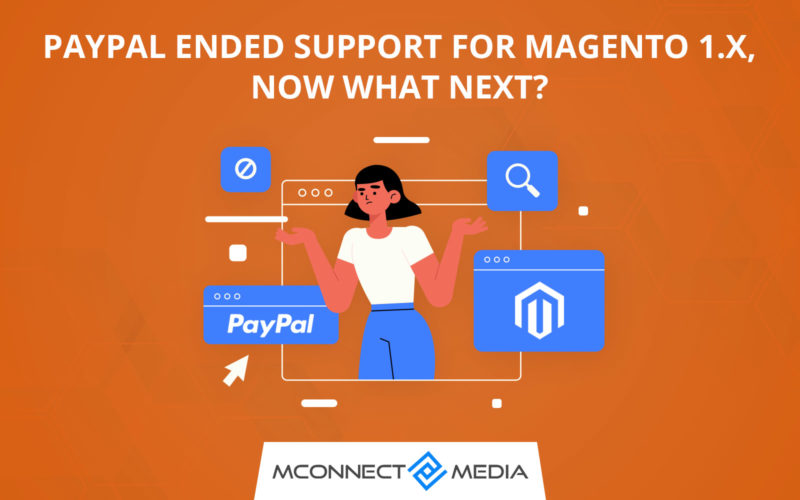Since its introduction, Magento 1 was able to provide a competitive edge to its merchants. Its Enterprise Edition helped Magento become a global leader in eCommerce service providers. But there were some functions and certain areas where Magento 1 was lacking. And after getting feedback about it, Magento decided to launch a new platform with better code capabilities, architecture, and performance than what Magento 1 was offering.
With the launch of the Magento 2, Magento decided to only focus on its flagship platform and discontinue the Magento 1. It gave a deadline till the end of 2018 for Magento 1 store owners to migrate or re-platform their store. However, that was not possible within a given timeframe for certain reasons such as a large number of stores to migrate, and the developer agencies for that to achieve were not enough. Therefore, Magento decided to extend the support period until June 2020, so that merchants have time and confidence to migrate.
As the deadline for Magento EOL is coming to an end, there is still a high number of merchants running their store on an older version of Magento. Those merchants are still confused about what they should do. Should they migrate to Magento 2? Or re-platform their store on a completely new CMS?
Well, we are here to clear all your confusion and doubts, but first let’s answer why should this matter?
Why re-platforming or migrating from Magento 1.X matters?
- The first reason to consider re-platforming or migrating to Magento 2 is that there will be no quality or security upgrades for Magento 1.
- No upgrades mean that no new features or functions will be added.
- Magento will cease the technical support for Magento 1 merchants for all editions. This means that you won’t be able to fix any bugs or issues arising after June 2020. To top that, there will be no reliable Magento community support to solve the issues.
- The developers are now moving to Magento 2, so the help you need to fix issues or the development will be limited to some extent.
- Implementing new marketing strategies to increase sales will be of no use with the poor user-experience of Magento 1.X.
- Magento 1’s code structure is outdated and after June 2020, it will get more outdated, which makes it an easy target for hackers and spammers to find a breach.
- The less time you take to decide the fewer the problems you’ll have to face in the future.
- Significant advantages and new features to try on after migrating to Magento 2 or re-platforming. The benefits of doing so are immense and put you at the forefront in this competitive market.
Magento now wants to only focus on its flagship eCommerce platform Magento 2. And with the increasing use of the Magento 2 platform, developers are also switching their development work to only focus on the young and dashing Magento 2 platform.
But let’s say you don’t like Magento 1 and you don’t like Magento 2 either. You might be wondering about re-platforming your Magento site to a different CMS. You must be thinking it must be easy then to migrate to Magento 2. Okay, we are not here to judge you but let’s do the math. First, let’s understand what re-platforming is?
What does Re-platforming mean?
Re-platforming refers to the process when one online brand decides to move from one platform to another. E.g., an eCommerce site moving from WooCommerce to Magento or vice versa. In simple terms, it means migrating a website to another CMS (Content Management System) platform from your current CMS. It has nothing to do with re-designing the entire site. A wrong approach to re-platform may prove to be a risky move. Therefore, most web developers and eCommerce managers do not talk in favor of the same unless it’s absolutely necessary. Just like the case of the Magento 1.
How long it takes to re-platform?
The time taken for re-platforming can be higher and requires a lot more attention than migrating to Magento 2. It’s not as simple as plug & play. The time for a complete re-platforming for any eCommerce website depends on the complexity of your store, the theme and extension on your store, any added functionalities or customization you require, and the skills of the developer you hire. The SEO performance of your site is one of the most important things to be taken care of while the migration is in process. Any changes to that may impact sharply on your traffic and conversions.
Can I Carry on Using Magento 1.x?
Yes, you can but it would be a short run and eventually, you’ll hit the ceiling sometime after Magento 1 EOL. As mentioned earlier in the blog, there will be no security or quality updates, no bug fixing solutions from Magento, and also from community members. This will be a frightening nightmare for you. On top of that, there are risks of data being stolen or hacked. You may lose PCI compliance due to not fixing any critical bugs or issues found after EOL, as stated in PCI DSS documentation. Fixing those bugs and issues will be difficult and more expensive after June 2020.
Also Read: What happens if you continue to use Magento 1.x after June 2020
This is not to just scare you off, but this would be a general scenario if you still continue to use the Magento 1.x.
Why Migrate to Magento 2? What are the benefits of using Magento 2?
Magento launched its flagship CMS platform Magento 2 in 2015, which had far better functionalities than what its predecessor had. All of the community members were awe-struck by the astounding benefits that Magento 2 offered. It also, introduced a new elite edition called Magento 2 Commerce Cloud to further scale your business with the added power of a cloud hosting environment integrated with Adobe systems. (Adobe acquired Magento in May 2018 at the cost of $1.68B)
Also Read: What’s New In Magento 2.4.x ? Features, Enhancements & Requirements
But Magento did not only stop there. It made a norm to release upgrades of Magento 2 every quarter now. These upgrades include various security, quality, and performance fixes, which Magento 2 merchants, as well as the active community members, found very helpful. The latest version was released in April 2020, which is Magento 2.3.5 and Magento has also announced last year that it will launch Magento 2.4 with full GraphQL Control.
Below is a list of added features in Magento 2, which Magento 1 lacked.
- Built on a whole new architecture for speed
- The core codebase has changed for expansion
- The latest version Supports the latest PHP version
- Natively supported CSS3 and HTML5
- Amazing mobile responsiveness
- Better SEO performance
- Varnish technology for full page caching
- Searches made easy with Elasticsearch
- Remarkable testing capabilities
- The surprisingly fast checkout system
- Customizable data grids
- Easy to manage and navigate the admin panel
- JS-JQuery
- System requirements are less
- Integrated API based technology
- Better content management and staging
- Terrific page loading speed
- Added security features
- Advanced Reports and Analytics
- Whole new marketplace and forum
Should I Re-platform My Magento 1.X?
If you are considering re-platforming your Magento 1 store to another CMS platform rather than Magento 2, then it may prove to be either a healthy or disastrous move. Why do we say that it can be a disastrous move? Well, because your developers have to review your current store’s architecture, extension integrated, databases, added features and customization, etc. to understand it better. This will help them build your store on a new platform from scratch. All the customization of your previous store may need to be redone, which needs extra resources. Also, there is a potential risk of losing your valuable data while re-platforming because the existing platform’s code structure may not be supported by the new platform.
Also Read:
While migrating to Magento 2, may seem a flexible option not just because we or anyone else told you to, but because of its amazing flexible options and edge in providing a phenomenal user experience. But still, if you are adamant about re-platform than to migrate to Magento 2, we have a few points that you should consider while moving to another CMS.
- Financial and Business Impact: When you are re-platforming your store to another CMS, there are few factors that you should take into account before you actually do so. The total financial cost will be the sum of developer charge, added functions and customization, extensions and theme integration, and resources needed to train your employees. Also, consider how it will impact your overall business needs.
- Become a part of a more flexible, more mature market: There are two types of the market, or in simple terms, mainly two types of CMS platforms, one is on-premise, and the second is SaaS (software as a Service). Both of these come with their added advantages providing exciting features and functions to keep you up to date with market trends.
- Choose a Platform with better security protocols: Security is the utmost important part of any eCommerce CMS platform. If you don’t have a team or resource to protect your site against any threats or hacks, then consider choosing a platform that provides security against all kinds of malware attacks and hacks.
What do Experts Say?
The decision to migrate to Magento 2 or re-platforming your Magento 1 store is inevitable and you may have to do it sooner or later. We want you to make a transition as early as possible but not by putting the sword of Magento 1 EOL but because of the superlative advantages and features Magento 2 offers which we have already discussed. We are also sure that once you experience it yourself, you will fall in love with it.
At Mconnect Media, we are sure that Magento 2 is the next-gen platform that will put you at the forefront of this competitive era. Join hands with us for acute migration or re-platform advice. Our highly trained Certified Magento Developer Team will work with you closely while maintaining transparent communication and privacy.


